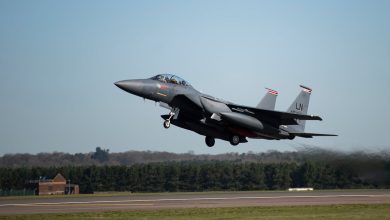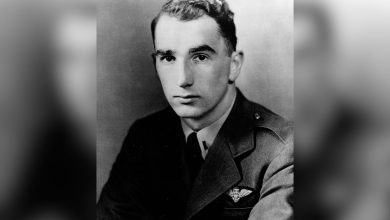What You Probably Don’t Consider When Deciding To Start Carrying
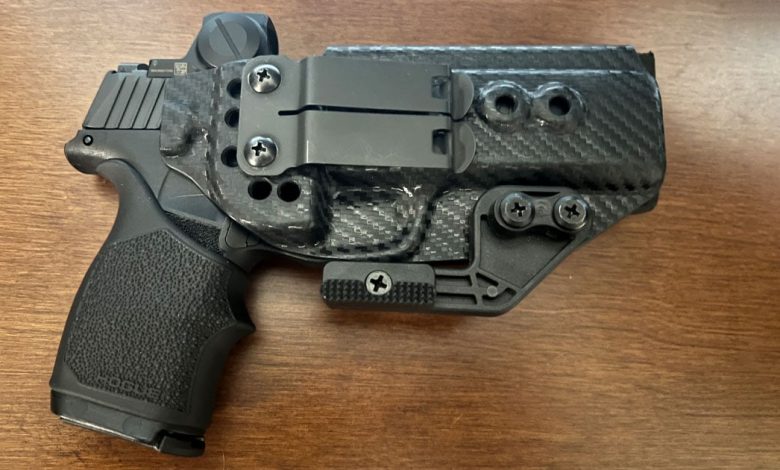
Like millions of other Americans, I became a first-time gun own during the Covid-19 lockdowns. At first, I thought I would only want a gun in the house for a worst-case scenario with food shortages and people losing their livelihood. Being inexperienced and with nowhere to go, a few internet searches told me the same thing over and over: get out to the range and shoot. Overtime experience built up, one gun became several, and the world started moving again. The same logic carried over from protecting myself and my family at home to protecting myself and my family while out and about. Inexperience again popped up for me, so I searched the internet for information on concealed carry. There is an abundance of articles, videos, and forums out there full of opinions that tout one brand over another for guns, ammunition, holsters, and a plethora of other accessories that people have for their EDC. While I learned a lot that I never thought about regarding knives, optics, lights, and medical emergency items, one thing that didn’t get brought up was being realistic with your basics – your gun and your holster.
Size Matters
When it comes to guns, handguns in particular, there are a ton of sizes to think about because there is no one-size-fits-all for any category. Things to take into consideration can be barrel/slide length, grip sizes, magazine capacity, and width. You also need to consider your own physical size. I myself am 6’ 4’ and 235 lbs. and have (to borrow a phrase from the good folks at Phlster) a bit of a tactical shelf in my midsection. With my size, without a shadow of a doubt, I thought I could carry a Sig Sauer P365 X-Macro. No problem, big guy equals big gun, right? Wrong. While there was no issue with the slide length, finding a spot to carry comfortably without obvious printing from the more extended grip became quite a challenge due to the curve and shape of my body. Luckily, the P365 models are modular, so I could buy and try the standard and XL grip modules to find what worked best for me; the downside was the extra cost of having to purchase said grips. This isn’t to say there wasn’t a way to find a spot to carry the X-Macro grip, but that sport wouldn’t have been easy for me to draw from my holster and may have limited my mobility. If you can’t reach your firearm and move when it matters the most, you’re missing the point of concealed carry entirely.
There are many options on the market when it comes to compact and micro-compact guns, so picking and choosing what will work best for you and your body shape might take some trial and error. I personally cannot recommend enough going to your local gun shop or a gun show in your area to get hands-on with the guns you’re interested in. If it’s not comfortable, you’re less likely to carry it, and the gun you carry is always better than the gun you leave at home.
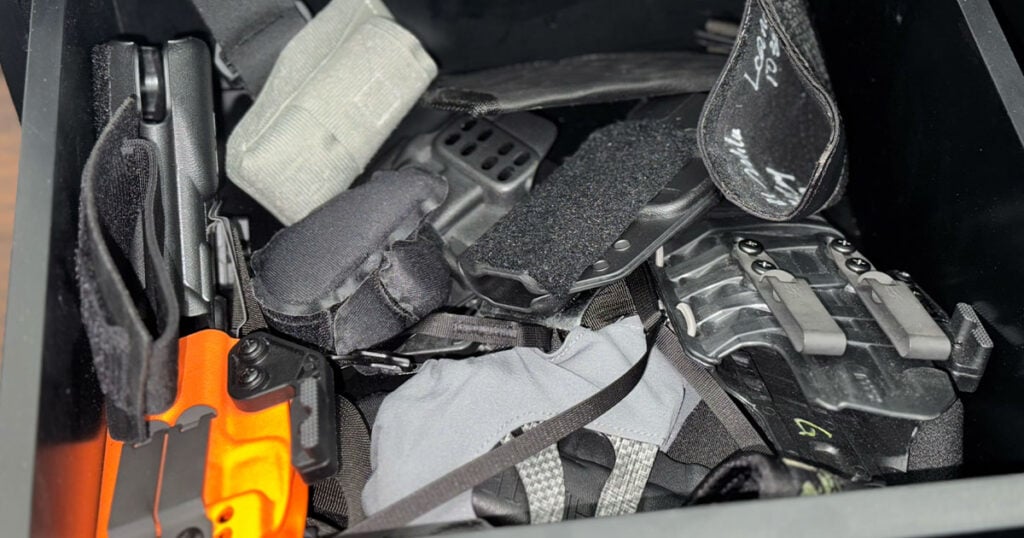
Don’t End Up With A Draw Full Of Holsters
This is another obvious point, but you can only put your gun in one holster at a time. I cannot tell you how many forums, subreddits, and social media groups I’ve encountered searching for a holster, with endless members talking about a drawer full of holsters they don’t use. Not all holsters are created equal. Just like the gun size itself, your body is going to dictate where you can comfortably carry your firearm. Any holster worth mentioning will be made specifically for the gun you choose; because of that, these are not items you can go down to your local gun shop and test out. Word of mouth and reviews will play a massive part in your decision when it comes time to purchase.
Again, not to make another obvious point, but your slide is made of metal, and metal doesn’t easily bend. No matter what holster you choose, when your gun is in there, it’s not bending to your body and movements. Placement is a huge factor in comfortability and ease of access to your firearm, so I recommend a holster with options like the KSG Lexington. This holster is an excellent choice for customizing not only the belt attachment clips but also their placement. Many brands will allow you a few options when choosing DCC Clips, Monoblocks, or straps, but few will have additional holes drilled out to provide more options regarding placement and ride height. If you’ve researched holsters, you’ll know that buying DCC clips is much less expensive than purchasing a holster itself. Even if this doesn’t end up as your forever holster, it will allow you to learn what works best for you.
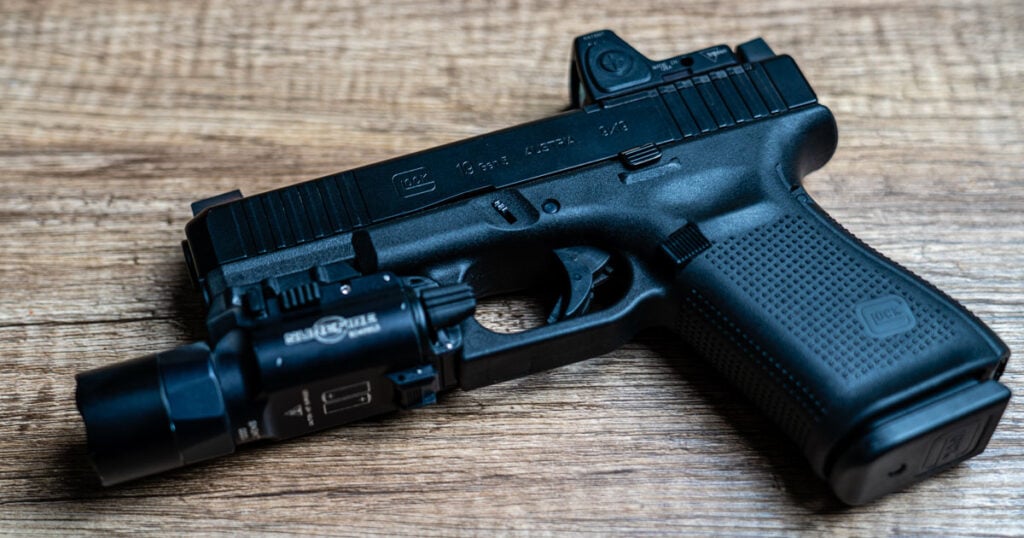

Do You Really Need It?
There are so many accessories for guns. I cannot stress or repeat this enough. I myself am a sucker for cool gadgets and add-ons. I have multiple guns with optics and more with a mounted light than not, but do I need those when concealed carrying? That will come down to you and your preference, except for one particular item – a belt. A good belt is hard to find; once it’s worn into your body, it’s hard to switch it up. But if you’re used to a plain leather or canvas belt, it’s time to change if you want to carry. A sturdy belt designed for concealed carry is a must. These belts, like the EDC Belts from Nexbelt, are much more sturdy belts that will keep your holster in place when you draw your gun from concealed. Your standard belt will pull and move and may prevent you from successfully withdrawing or, worse, lead to a negligent discharge. Do not skip on a proper belt.
Love or hate them, optics are in, and they’re not going anywhere anytime soon. Personally, I love mine, and they help me get on target faster. Some people love their good old fashion, no-batteries-required iron sights. If you do opt for an optic, make sure you’re keeping the idea on concealed in mind. Your optic sticks out the opposite way of your grip (again, an obvious point, but sometimes the cool factor beats out logic), so keep that in mind when choosing which one you go with. There are a ton of great options in the optics market. Do your research on what footprint your slide has on it, or if it is not optic-ready, what footprint you would need to have milled. There is no industry standard, but for microcompacts, your choices are narrowed down.
Weapon-mounted lights, damn, do they look cool. The question is, do you need one? Light adds bulk and requires a holster designed for your specific light. This also adds to something else in the way of drawing from your holster. You need to ask yourself how often you are out in poorly lit places or how often you are out at night. I have a light on the firearms in my home, but I don’t usually leave my house too frequently to a place with low visibility, and when I do, it’s usually not a place or an activity that I can be carrying anyway. This is a personal choice; there is no right or wrong answer. However, every choice of adding an accessory adds more to the equation in moments that matter.
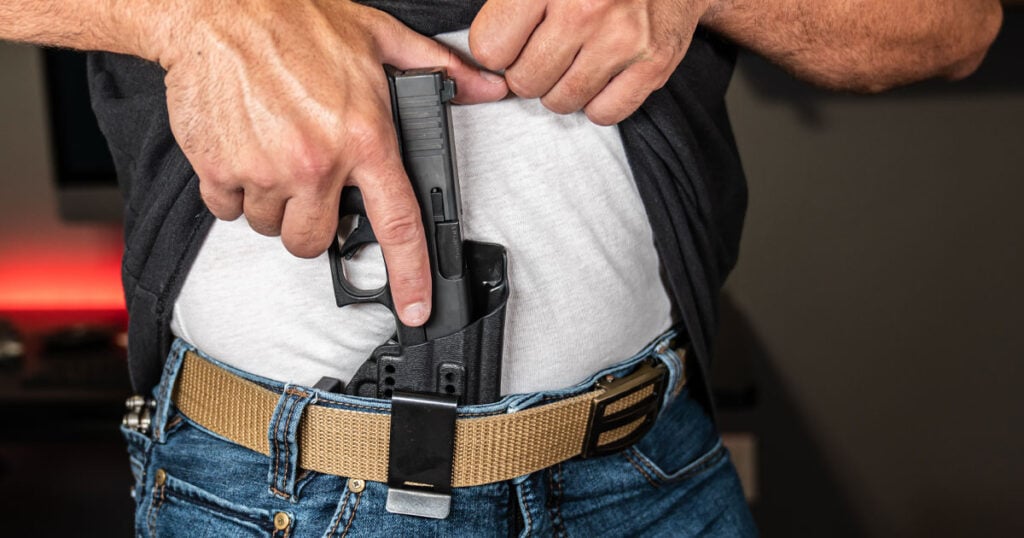

Dress for Concealed Carry Success
I had to reconsider how I was dressing while carrying. Form-fitting shirts are possible while concealing, but there is a limit. Organic materials like cotton are more forgiving when concealing than polyesters and blends. You can get away with slim-fitting jeans, but skinny jeans might be more challenging to hide. You might even need to consider a longer-length shirt; the last thing you want to do is reach for something at the store and show off what you’ve spent so much time trying to conceal. There are brands out there who even make athletic wear designed with the concealed carrier in mind, as well as the Phlster Enigma system that would allow you to keep wearing what you already own. Do you want to wear a shirt from your favorite firearms-related brands proudly, or do you want to be the least likely suspect in the crowd to be carrying a firearm? While there are a lot of opinions on the matter, there is no right or wrong answer as long as your weapon stays concealed as intended. Just be aware that not everything you currently own may be the right choice when trying to remain concealed and that some basic wardrobe updates will be needed.
Conclusion
In the end, carrying a firearm is as much about preparation as it is about mindset. It’s not just about finding the right gun or holster, but about understanding the nuances of your own lifestyle and how carrying might impact it. There’s a lot to consider beyond simply strapping on a pistol—everything from the fit of your clothing to the practicality of your chosen accessories affects both comfort and accessibility. Remember, concealed carry is a commitment that extends into small, everyday decisions. Take the time to get comfortable with your setup, assess what truly matters, and make adjustments as needed. Ultimately, carrying is a personal journey, one that, with the right approach, can become a seamless part of your life.
Read the full article here



